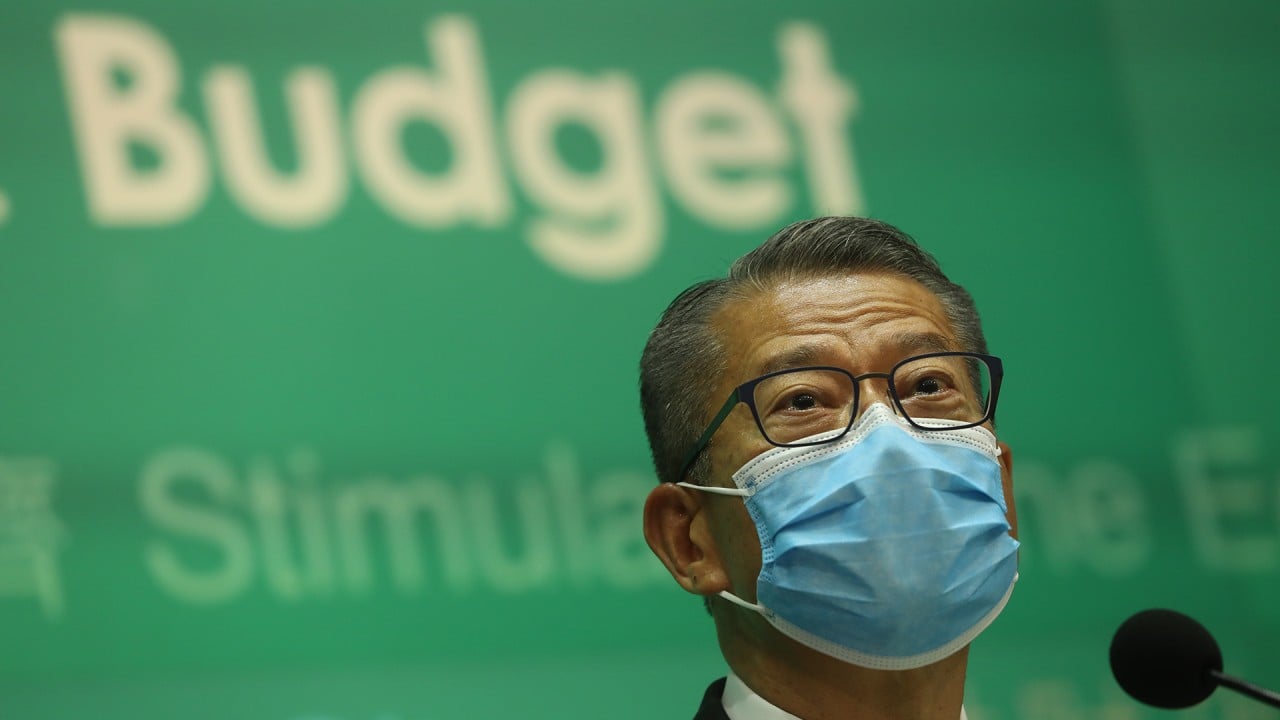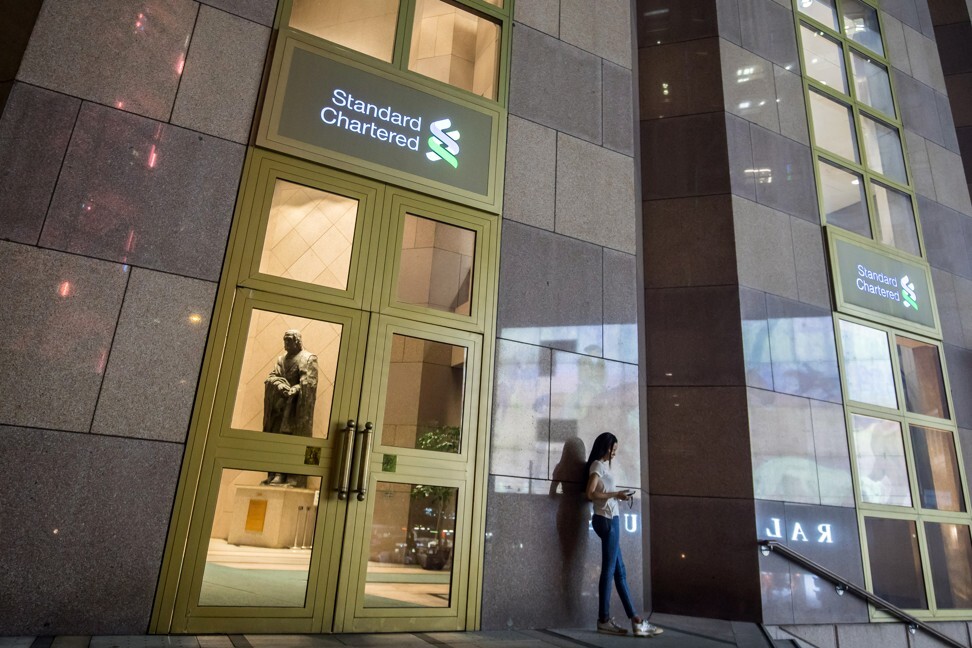
Standard Chartered resumes dividend, buy backs as it reports a worse-than-expected fourth-quarter loss
- Standard Chartered to restart dividend, undertake US$254 million share buy-back programme
- Fourth quarter pre-tax loss was US$449 million, below consensus estimate of US$215 million
Standard Chartered said on Thursday that it would restart its dividend and unveiled a US$254 million share buy-back programme as it reported a worse-than-expected loss in the fourth quarter.
In the fourth quarter, Standard Chartered reported a pre-tax loss of US$449 million, below a consensus estimate of a US$215 million pre-tax loss by 14 analysts polled by the bank. That compared with a pre-tax profit of US$194 million a year earlier.
On a net basis, the bank reported a fourth-quarter loss of US$610 million, compared with a loss of US$126 million a year ago. The fourth-quarter results included restructuring charges of US$248 million and an annual bank levy of US$331 million charged by the United Kingdom government.
Standard Chartered said it would make a dividend payout of 9 US cents a share for full-year 2020.

03:43
What Hong Kong’s 2021-22 budget means for residents of the city
The lender paid an interim dividend of 7 US cents a share in 2019 before cancelling its final dividend payment of 20 US cents a share for the year in April 2020 after a request by the Prudential Regulation Authority (PRA), an arm of the Bank of England.
Both banks saw their shares jump more than 7 per cent last week in Hong Kong on investor anticipation of the dividend restart and growing optimism about the pace of the economic recovery from the coronavirus pandemic.
Standard Chartered’s shares declined 1.9 per cent to close at HK$54.10 in Hong Kong on Thursday.

In the fourth quarter, operating income, a measurement similar to revenue fell 12.9 per cent to US$3.15 billion. Operating expenses, which include the bank levy, rose 1.6 per cent to US$3.07 billion in the quarter.
It also recorded credit impairments for potentially soured loans of US$391 million in the fourth quarter, with its credit impairments reaching US$2.3 billion for the full year.
Standard Chartered warned it expected its overall income in 2021 to be “similar” to last year, given the historically low interest rate environment as central banks try to stimulate economies globally.
“Our performance in the opening weeks of this year gives us the confidence that we are on the right track with strong performances in our less interest rate-sensitive financial markets and wealth management businesses,” the bank said.
Underlying pre-tax profit in its Greater China and North Asia business segment declined 34 per cent to US$323 million in the fourth quarter. The segment accounts for about 81 per cent of the bank’s pre-tax profit.
In its corporate and institutional banking, underlying pre-tax profit fell by half to US$184 million in the fourth quarter. Its commercial bank reported a 72 per cent drop in underlying pre-tax profit to US$13 million, while its private bank reported a worse underlying pre-tax loss of US$11 million from US$3 million a year ago.
Winters also pushed back at suggestions his time at the lender could be drawing to a close, following media reports the bank has identified candidates as potential successors – both internally and externally.
“The job is not yet done. I think we’ve had a pretty material setback in the context of [Covid-19],” Winters said. “I’m quite keen to finish the job. I have no plans to leave.”

The lender also said it is likely to incur further restructuring charges of about US$500 million in the next few years, primarily related to people and property actions.
The lender resumed what is expected to be several hundred job cuts recently and is looking for further ways to shed costs. It also is seeking to “reskill” workers whose jobs are changed by automation as it seeks to enhance its digital capabilities.
Andy Halford, the bank’s chief financial officer, said he expected the bank could reduce its office footprint by as much as a third in about four years’ time.
“Our sense is that over a period there should be quite a significant opportunity to reduce the space that we actually occupy ourselves,” Halford said. “The cost benefit on that will depend on leases, lease break clauses, renewals. There may be some cost involved in accelerating those processes.

